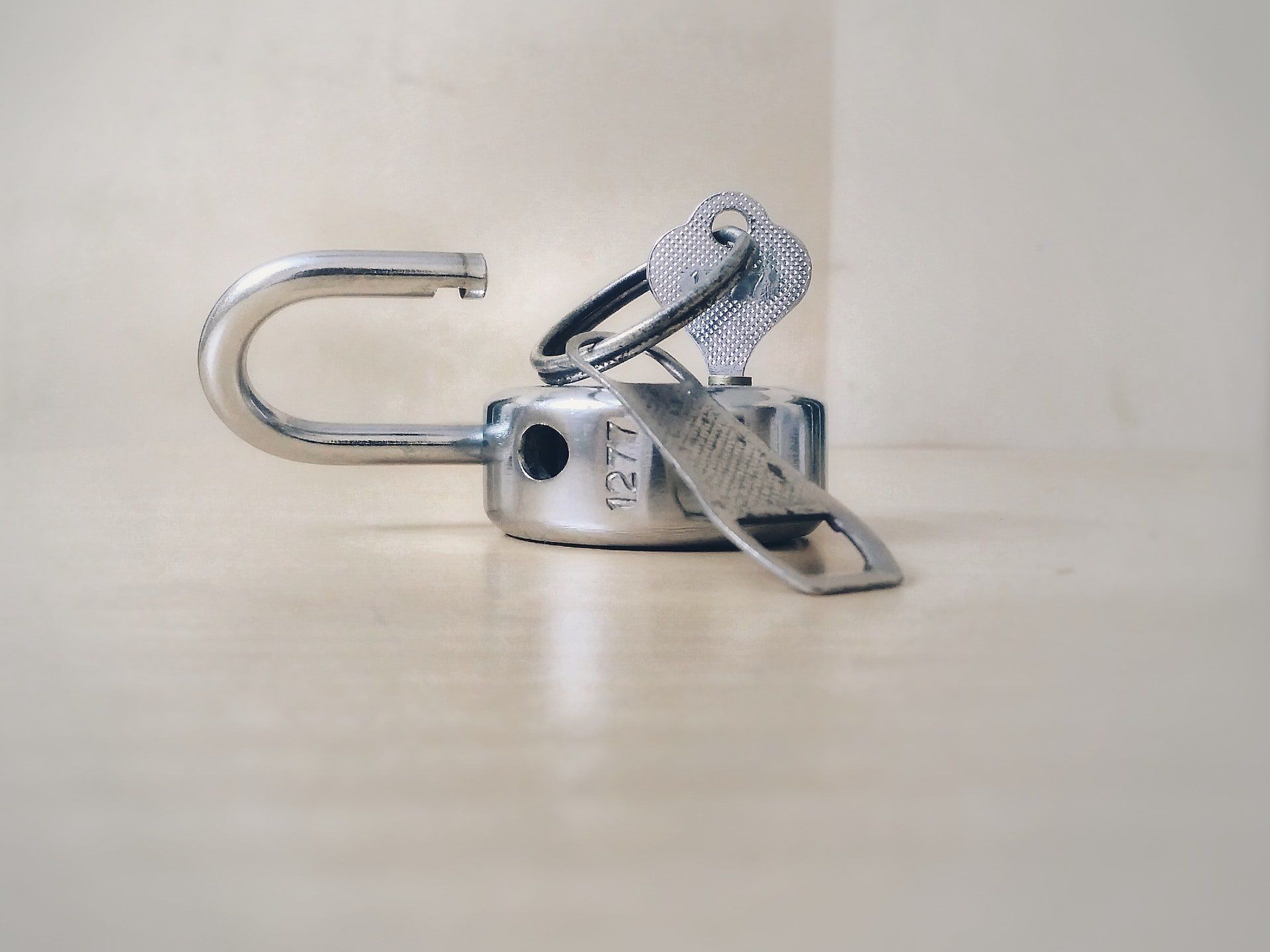Who Are You...Really?
Who are you…really?
In the film, Casablanca , Humphrey Bogart asked Ingrid Bergman, “Who are you really, and what were you before? What did you do and what did you think, huh?”
The question of personal identity has been around for most of recorded history. The question is raised when we fall in love—as in the movie. It’s raised as we struggle to find our place in the world. And for the person or family struggling with addiction how it is answered depends upon who is asking the question.
For the active addict, the response is, “I am an addict. I am a failure, a liar, and I am not worthy of another’s love.”
For the spouse, the response is often, “You are a liar and a cheat. I can never trust you with my heart again.”
For the child of an addict, “You are my parent, and although I love you deeply, I can’t understand why you do the things you do. You’ve broken my heart.”
Carl Jung, a contemporary of Sigmund Freud, developed a theory of the personality that provides some help when we begin asking about a person’s identity. One aspect is particularly helpful for understanding what happens to the identity of an addict.
Jung is known for the idea of Archetypes. There are several, many of which have something to say about how we shape our lives, but the archetype of the Persona is of particular importance. One’s persona represents his or her public image. The word itself comes from the Latin word for “mask.” A persona is the mask each of us wears as we interact with our peers at work, our family, our friends, or our fellow church members. The danger here is that we invest ourselves in our personas (Yes, we can have more than one.) to the point that we don’t realize we are acting a part. We loose ourselves in the role.
In a wonderful book, How We Decide , Jonah Lehrer refers to an article in The New Yorker where Alec Wilkinson reported on his interview with serial killer John Wayne Gacy. Wilkinson says, “[Gacy] appears to have no inner being. I often had the feeling that he was like an actor who had created a role and polished it so carefully that he had become the role and the role had become him.”
What Jung wrote of years before was epitomized in the life of Gacy. He developed the persona of a killer and played it to perfection. But isn’t this what happens to the addict? Addicts develop multiple roles. They become adept at blending in with whatever crowd they are part of at the time. Their chameleon-like behavior conceals their inner world from those not allowed into the darkness of that persona. The mask protects them from discovery. The mask becomes in essence, their identity.
Healing demands integrity. This integrity is more that just living up to one’s word. This integrity touches all of the person. It is integrity of identity. The whole of life is brought under the identity of a person in recovery. That person strives to be consistent in word, thought, and deed, regardless the setting.
For the person in recovery the journey of self-discovery is often comprised of learning how the persona of addiction has misshapen her or his life. Sobriety and health demand that we be brutally honest with the lies of the persona. Sobriety demands we ask the question often, “Who are you, really?”
The 12-Step tradition has it right. Meetings are begun and people are introduced by facing their powerlessness over the nagging call of the persona…the addict. But the message of health and wholeness is that we need not be defined nor defeated by our past. We create our future through honesty, with the help of others, and lots of grace.
Who are you…really?
Tim
Join the Conversation
Recent Posts
NAVIGATION
REACH US
WE ARE ENDORSED BY
All Rights Reserved | Counseling Alliance


